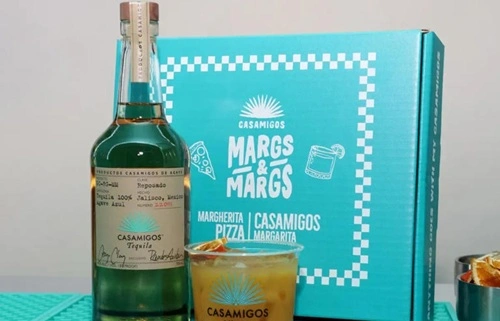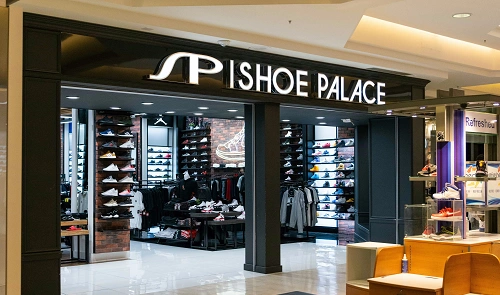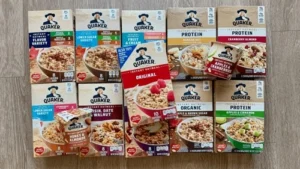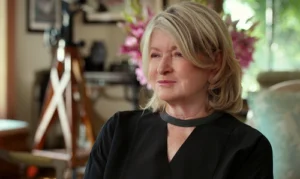You must have heard of the recent backlash going against Casamigos and Don Julio tequilas, and that’s actually legit. They were claiming their final product as 100% agave, but that was far from the truth. And sure enough, this Casamigos Lawsuit has the potential to turn into a full-fledged class action lawsuit soon. So, just keep on reading for the most details like what went down and why this lawsuit exists in the first place.

Who’s Involved in This Tequila Trouble?
Starting with the big picture, Diageo is the main company in the middle of the storm. They are a huge corporation that handles brands like Guinness, Johnnie Walker, and of course, Casamigos (the one George Clooney assisted in becoming iconic) and Don Julio.
However, there are also regular individuals like a bartender from New York, a woman from California, and even a sushi restaurant. It seems odd to us, right? Yet, all of them have bought what they thought was good quality tequila, and now they are unhappy. Therefore, they have come to an agreement with the lawyers and have decided to file the suits together.
What’s the Big Issue Here?
OK, this is now where the situation is becoming a little more complex.
The allegations in the lawsuits against Diageo’s Casamigos and Don Julio tequilas are that they are being marketed as 100% agave; however, there is a possibility that cheaper elements, such as cane alcohol, might have been mixed in. This is like buying fresh juice and getting a sweet blend from a machine. That’s not right at all.
These companies are bold enough to throw wild accusations left, right, and center, including false advertising, fraud, and racketeering. That’s the kind of law that is known for fighting mafia organizations; it’s that serious. The people who are suing claim that it was not just one occurrence of a labeling mistake by Diageo but a deliberate act to deceive the consumers for their big gains.
What Did the Tests Show?
A few lab tests, which were mentioned in a lawsuit, have suggested that both Casamigos and Don Julio have way less agave than they should have. Much less, you know.
In the case of Casamigos Blanco, almost 33% of the alcohol is sourced from agave. As for the reposado? About 42%. And Don Julio was not far off, 42% for the Blanco, and only 33% for their 1942 Añejo.
Remember that the cheapest tequilas are also known as mixtos and require at least 51% agave to be legally recognized. No matter what the test shows, Diageo’s products have not been given this required number. So, if this is true, we are talking about such items that would not even meet the basic conditions of being tequila.
What Do the Casamigos Lawsuit Want?
The initial lawsuit that was filed in New York is asking for $5 million; they’re saying that this is a big amount of money. The point is that they are not only requesting the amount of money, they are also demanding Diageo to stop labeling their products as 100% agave unless they are really such.
Furthermore, the second lawsuit, which was lodged in California, makes the situation worse. It is showing the use of the RICO Act. In short, they are stating that it was not an isolated case but a systematic act to the extent of cheating and deceiving many people in the matter of tequila drinking for several years.
If these lawsuits are considered class actions, all the U.S residents who have bought these tequila brands would be the parties litigant. And it is beyond doubt that there are many.













